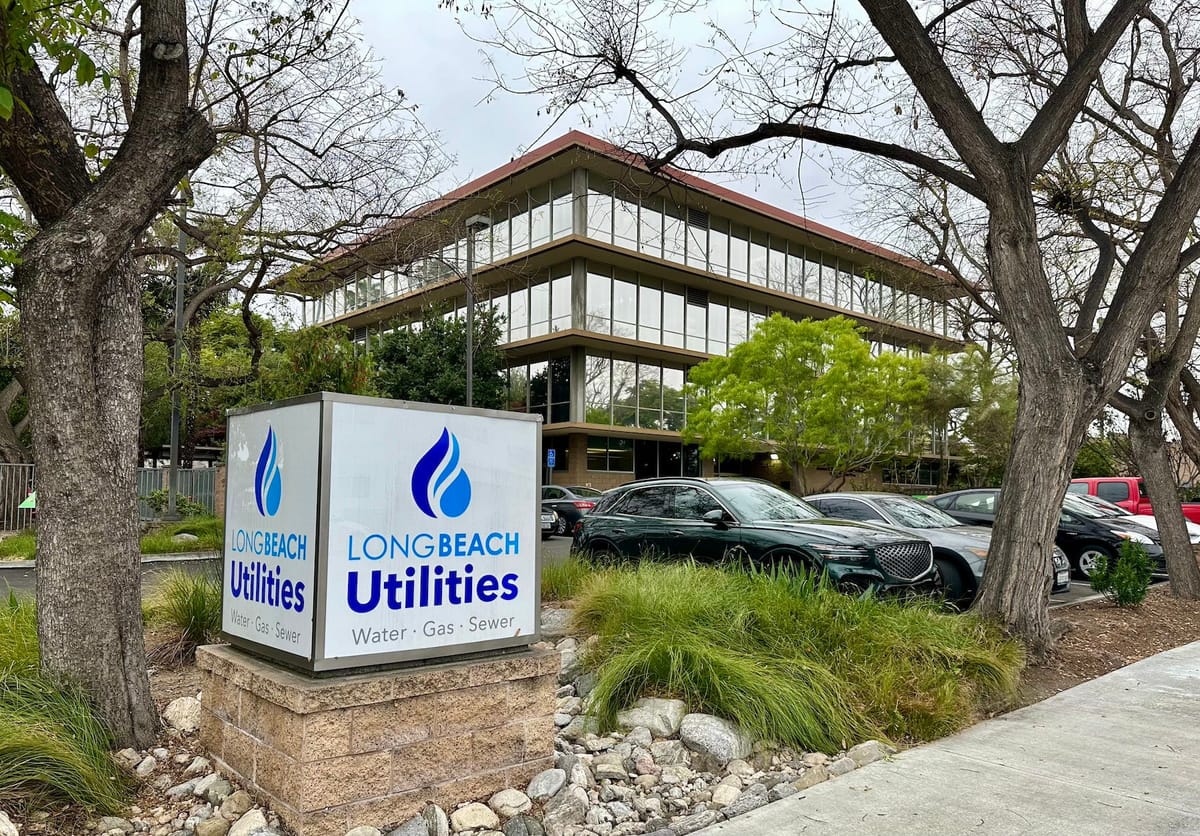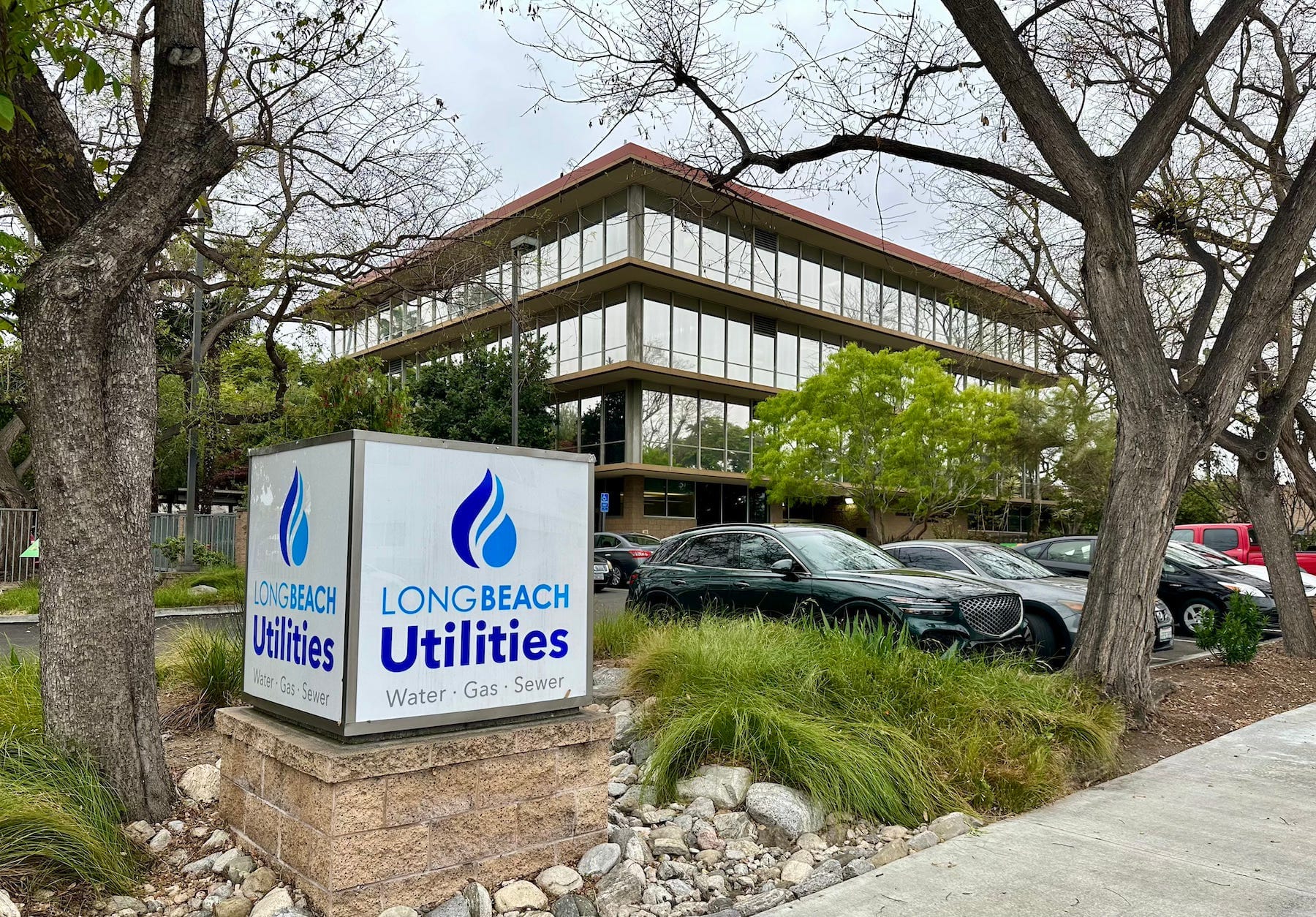Critically Speaking: It’s getting really expensive to live here
Why your utility bill is next in line for an increase.


As I was checking out of the pet store this week the cashier helping me announced a total of $82 before realizing she had scanned the bag of “Taste of the Wild” twice.
I jokingly said “inflation” to which the woman ahead of me announced, “Vote red!”
No, this isn’t where I disclose to you that I’m in my Republican Era. But politics do play a large role in the ever-increasing cost of living in California and the people often making those decisions are not elected.
It’s been a whiplash of a first quarter in California politics.
I’m sure you’ve seen the clickbait headline about the idea floated by the California Air Resources Board (CARB) raising the price of a gallon of gas to help offset climate change.
While that increase is still to be sorted out, the California Public Utilities Commission, a five-member regulatory body that’s appointed by the governor, approved a controversial new fee that will tack on about $24 per month for most customers, even if you don’t use electricity.
Oddly enough, under the new model approved by the CPUC, which is intended to lower rates in part to allow more people to convert to electric vehicles, people who use less energy would end up paying more.
While that might sound ridiculous given how we’ve all understood supply and demand to work, it’s what will be in place starting in late 2025. And if you live in Long Beach, you’ve been experiencing a similar phenomenon for years regarding your water bill.
Long Beach customers have decreased their water usage by over 35% since 1997, according to Long Beach Utilities data, but rates continue to climb and are expected to rise again this year.
Support local journalism in Long Beach. Become a Watchdog.
Earlier this month, the department’s director of finance unveiled a proposal to increase water rates by 11%, which would be accompanied by an 8% increase for sewer service and a still-to-be-determined increase for natural gas services.
Let’s not forget that your trash bill, which is rolled into the same invoice, has already increased twice in recent months and a larger increase is expected to come once the city launches its organic recycling program.
The water increase would follow a 9% increase during last year’s budget cycle, which added about $5.13 per month to the average single-family home’s bill. The 11%, if you trust my math, will add at least that much if the Utilities Commissioners approve the rate hike next month.
And increases are projected for the next four years, according to the presentation given to commissioners.
I remember sitting in the budget meeting almost exactly a year ago today, where a commissioner brought up the conundrum that’s likely crossed your mind at this point; how do we continue to ask people to conserve water when their rates continue to go up?
Water pricing is partially a supply issue but also an investment issue. Because the Western United States has been mostly dry in recent history the price of importing water, something Long Beach does for part of its supply, has gone up. The fees charged to the city by the Metropolitan Water District to transmit water to Long Beach are also increasing this year.
To try and prevent a reliance on this more expensive source of water the city plans to invest tens of millions into new ground wells, where it can pump out cheaper water but it also requires the maintenance of the city’s water purification plant.
Department officials say the cost of chemicals to clarify the city’s drinking water supply, the pipes to get it into homes and even a new mandate, also from CARB, to replace department vehicles with zero-emission versions is driving up the cost of doing business. And in California, those costs are allowed to be passed on to customers in the form of rate increases.
Unlike my dog food story, those increasing costs are largely attributed to inflation. And experts agree that once prices go up, they typically don’t go back down.
The commission is expected to vote on the new rates at its June 6 meeting.
What happened this week
Sometimes changes in Sacramento force a local law to be updated and that’s what happened Tuesday when the City Council refreshed the city’s just-cause eviction ordinance. The changes add some protections for tenants facing evictions for things like an owner's family member moving into their unit or a landlord evicting an otherwise good tenant to make substantial improvements to the property. Now, tenants can ask for proof that the person moving into the unit is actually the owner or related to them and the scope of work that’s being carried out has to be substantial enough to displace a person for 30 consecutive days, among other changes. As they did the first two times the council considered this law, housing advocates called on members to take a tougher stance on protecting tenants from the “substantial remodel” loophole.
Something to keep an eye on
It’s not a done deal, but it appears that Long Beach will finally expand its inclusionary housing policy citywide. If you haven’t been paying to attention to city ordinances over the past 15 years, this law adopted in 2021 requires new developments to include 11% of rental units and 10% of ownership units for lower-income households. The City Council heard a presentation Tuesday night that spelled out options for how it could move forward with making it a citywide policy, something city officials believe could prop up affordable housing production. A decision on the matter isn’t expected until the fall, at the earliest, but if the City Council does decide to implement the policy citywide it could mean more affordable places to live for future residents. But will it be enough units to put a significant dent in the thousands of units the city needs to produce before 2029? Since its adoption, the policy has accounted for just 168 affordable units.
Jason Ruiz has been on strike from the Long Beach Post since March 21, yet he’s still covering city hall without pay. Thank him for his reporting.
We need your support.
Subcribe to the Watchdog today.
The Long Beach Watchdog is owned by journalists, and paid for by readers like you. If independent, local reporting like the story you just read is important to you, support our work by becoming a subscriber.





